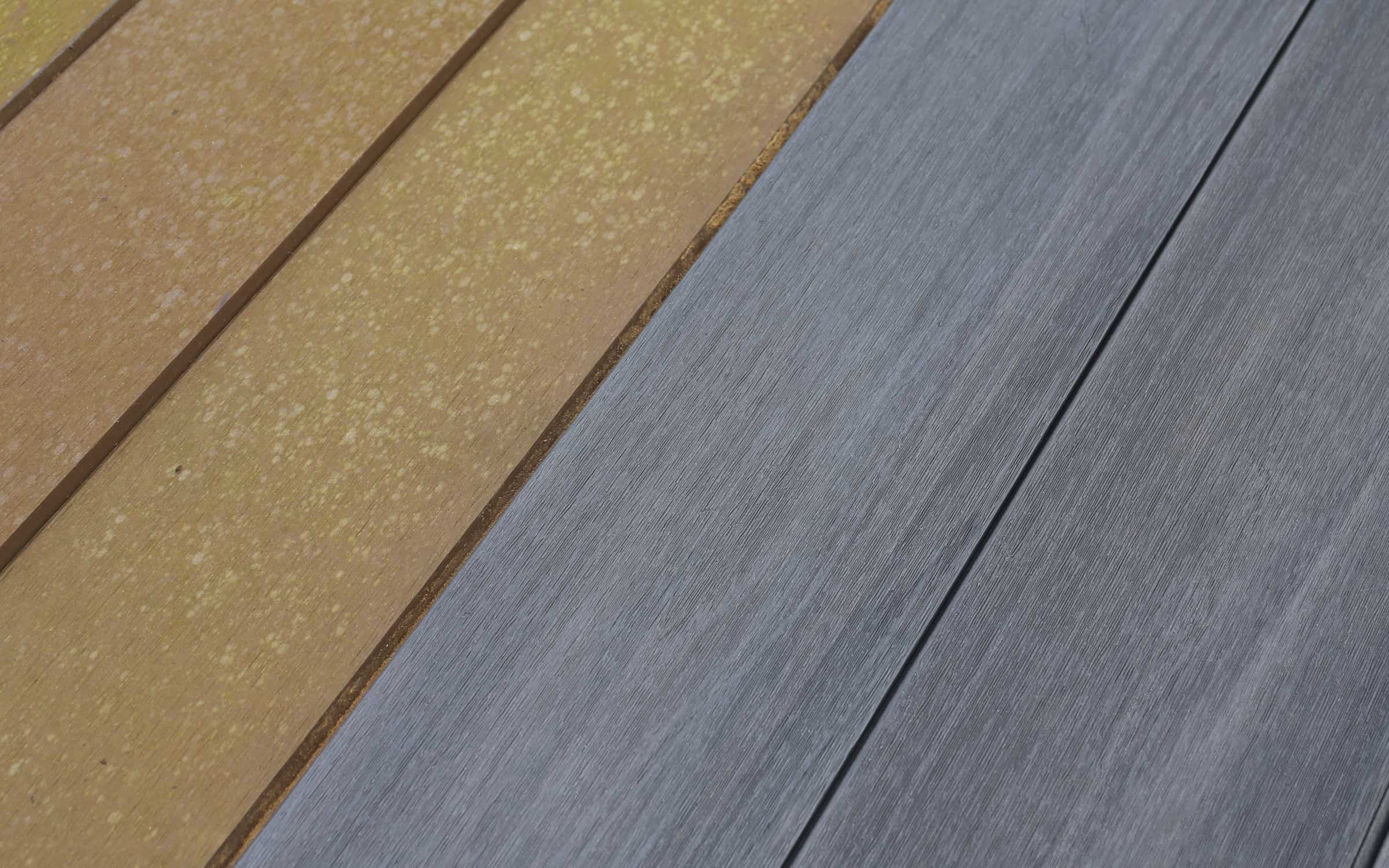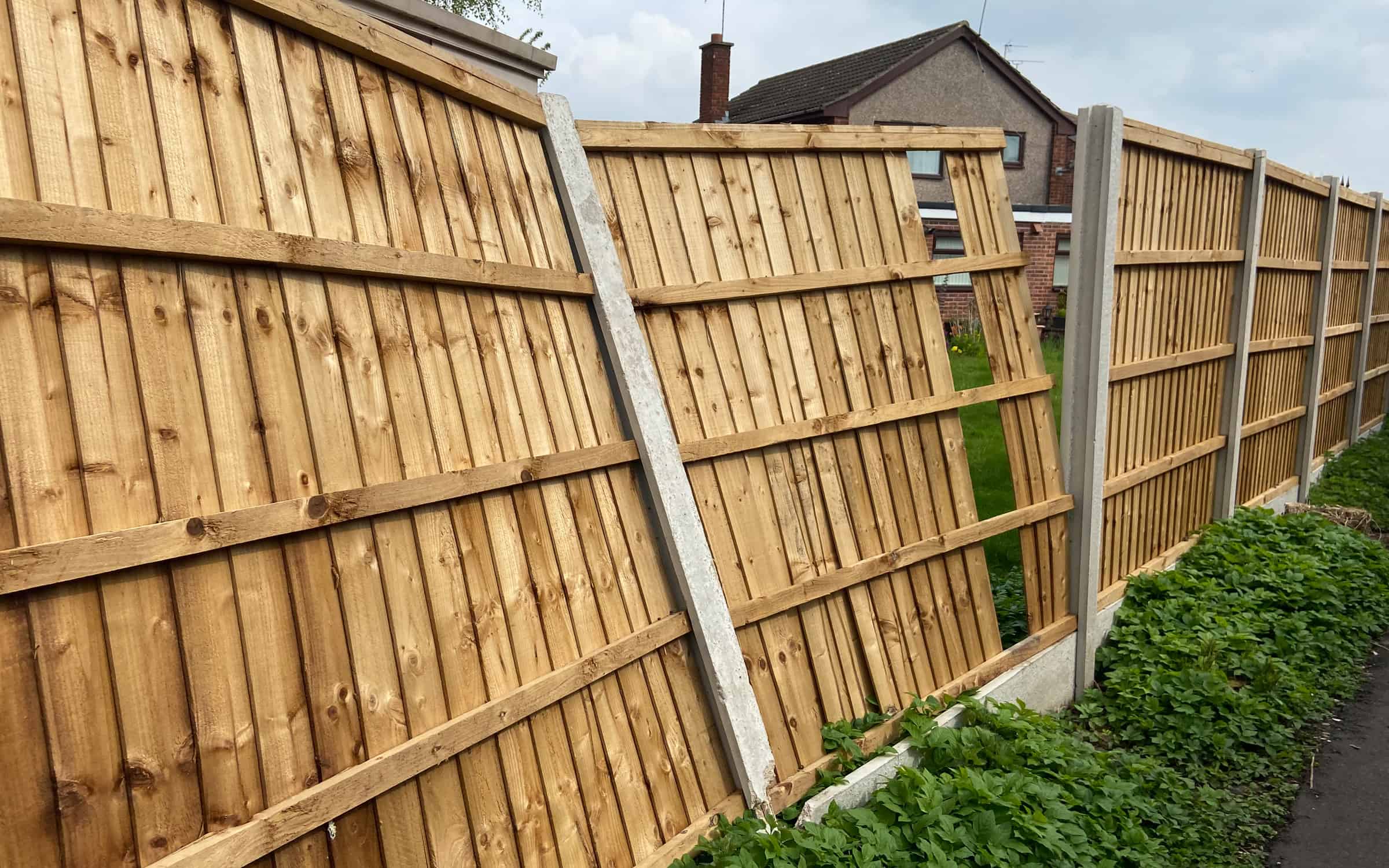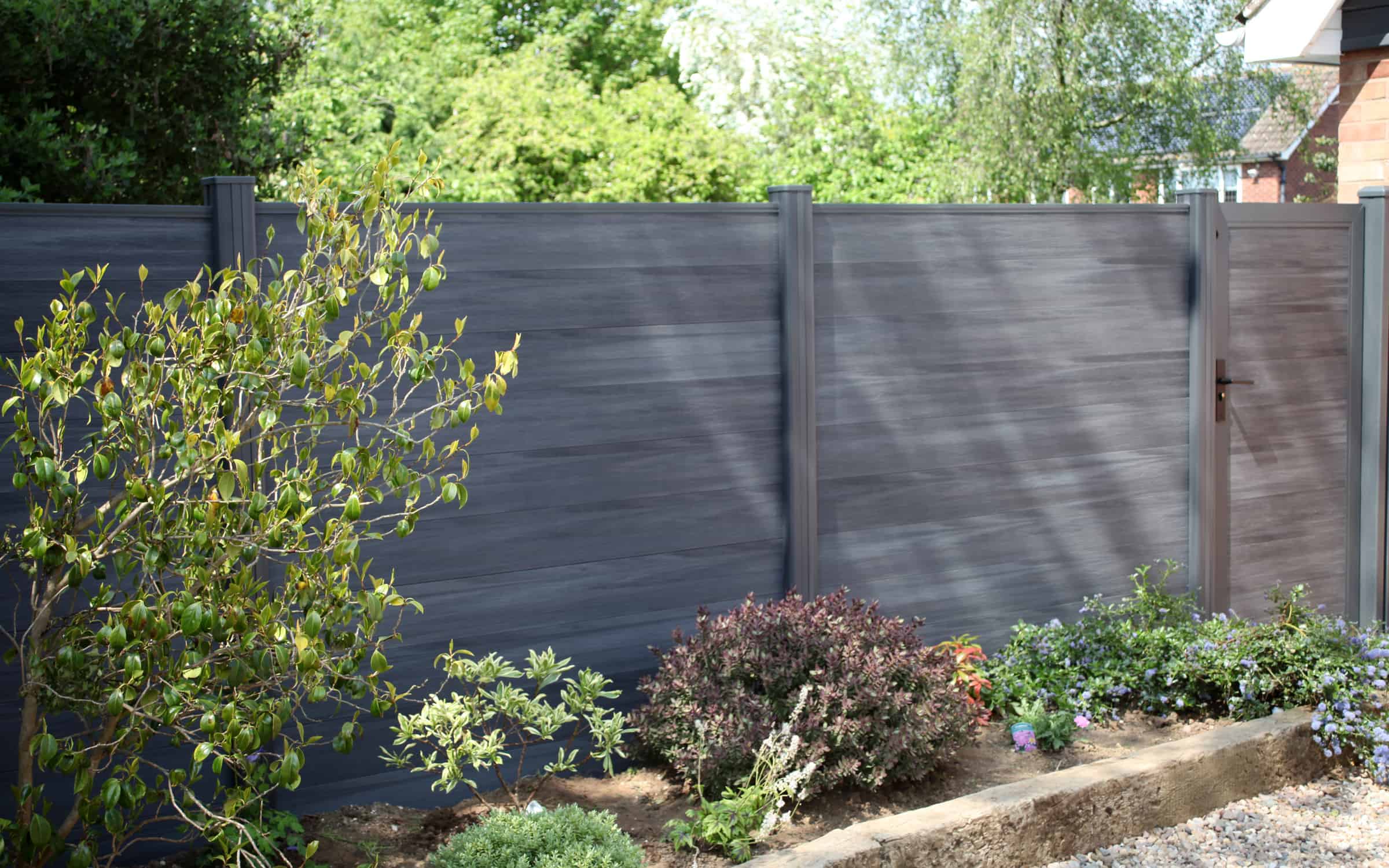Exactly what alternative fence panel options are there on the market? We explore the choices for your fencing project.
Though timber fencing unarguably looks attractive when first installed, it can soon succumb to the effects of weathering if not effectively treated with chemical preservatives. Rot, mildew, and mould can slowly break apart the integrity of the fragile timber boards, causing warping and splintering. On top of this, the rich, sumptuous visual quality of natural timber will gradually fade with prolonged exposure to sunlight, meaning your fencing panels will appear bleached and pale. So, what are your other options for an alternative fence? In this article, we will outline the different fencing alternatives to wood that you can choose to border your own outdoor project. Let’s take a look at some of those fencing alternatives to timber in more detail…

Brick & Stone Walls
As well as traditional timber panels, the other often specified alternative fence option is the dependable, durable brick or stone wall, which are long lasting and relatively low maintenance beyond an annual inspection. If the surface of a brick wall does not appeal to you, you can adorn the surface of your border with smart composite cladding, or should you want a more natural aesthetic, garden trellises, which will give you more opportunities for creative vertical planting. This can help your perimeter feel more like a natural extension of your both garden design and home.
However, a downside to bricks and stone is that they can make your garden feel much more enclosed, blocking light, sound, and wind from entering your space. This will be especially noticeable if you have a smaller garden area. Additionally, brick walls are much heavier than timber panels, and as such, will need a much more rigid foundational support. They are also incredibly expensive, and once built, are permanent structures, preventing any future customisation when completed.

Concrete Fencing
Concrete fencing is also an incredibly popular fencing alternative to timber, though is far more valued for its functionality than its aesthetic qualities. The advantage of choosing concrete is its sheer durability, limited maintenance involved in its upkeep, and its soundproofing qualities. Unlike timber, it will not need treating and staining, and will be easier to clean than a brick or stone wall due to the flatter surface.
Though long-lasting, concrete is visually less interesting than the rustic qualities of the more naturalistic brick and stone border. Whilst attempts have been made to make concrete fences look more natural, the uniform, bland colour still makes them look incredibly artificial, especially when compared to stonework or natural timber.
Composite Fencing
The smart choice for an alternative fence is to go for composite fencing. NeoTimber’s fencing solution is the first modern fencing system designed to be fitted to any garden space. Our individual composite fence panels and railings can be fixed to pre-existing timber posts and concrete posts, as well as our own composite fence post options, on top of both hard and soft ground surfaces. Made of recycled timber and plastic fibres, composite fencing is extremely long lasting, supported by an unbeatable 25-year residential warranty.
On top of its customisable nature in terms of fencing installation, the different textures and colours available from NeoTimber® fencing make it far easier to match the design of your space. This naturalistic brushed or woodgrain texture give it an advantage over the flatter surface of a concrete prefabricated fencing solution. With antique, teak, charcoal, chocolate and grey tones to choose from, you can create a naturalistic, bold, or neutral backdrop to your garden project, depending on your preferences.

Need Further Support or Advice?
If you’ve still got questions that have not been answered here, or you would like additional advice,
support or assistance then please give one of our friendly experts a call and we’ll be happy to help.
Just give us a call on 01530 382 180.
